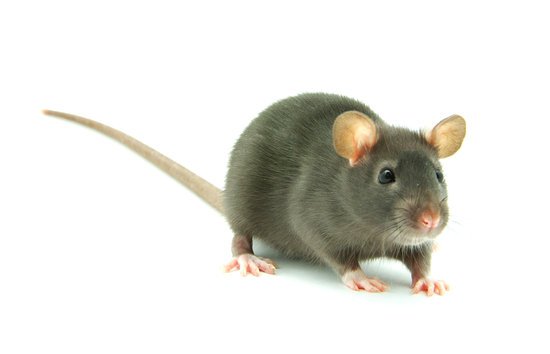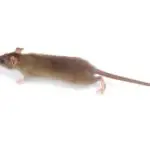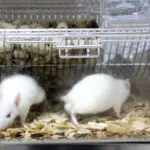Why Do Rats Live So Short?
Rats can live up to five years if they are properly cared for. In contrast, hairless rats tend to die sooner and often have lower survival rates than haired rats. Their lack of thymus gland reduces their immune response and makes them more difficult to keep healthy. Rat lifespans also depend on the sex of the animal. Females generally have a longer life expectancy than males.
The length of a rat’s lifespan varies depending on its species, living conditions, diet, and other factors. In the wild, rats are exposed to predators and have to fight disease and the elements. Compared to domesticated rats, which don’t face these challenges, wild rats usually live for between six and eleven months.
Another factor contributing to a shortened rat life span is obesity. Studies have shown that rats benefit from fasting periods in order to maintain a normal weight and prevent obesity. In addition, rats need antioxidants in their diets, which reduce cellular damage and inflammation. The circulating antioxidants in a rat’s body also help to regulate body weight and increase longevity.
To extend the lifespan of your rat, make sure your home is free of smoke. Smoking near a rat cage can make it more susceptible to respiratory problems. In addition, putting a HEPA air purifier next to the rat’s cage can help filter airborne pollutants. In addition, vet care can help to prolong a rat’s life.








